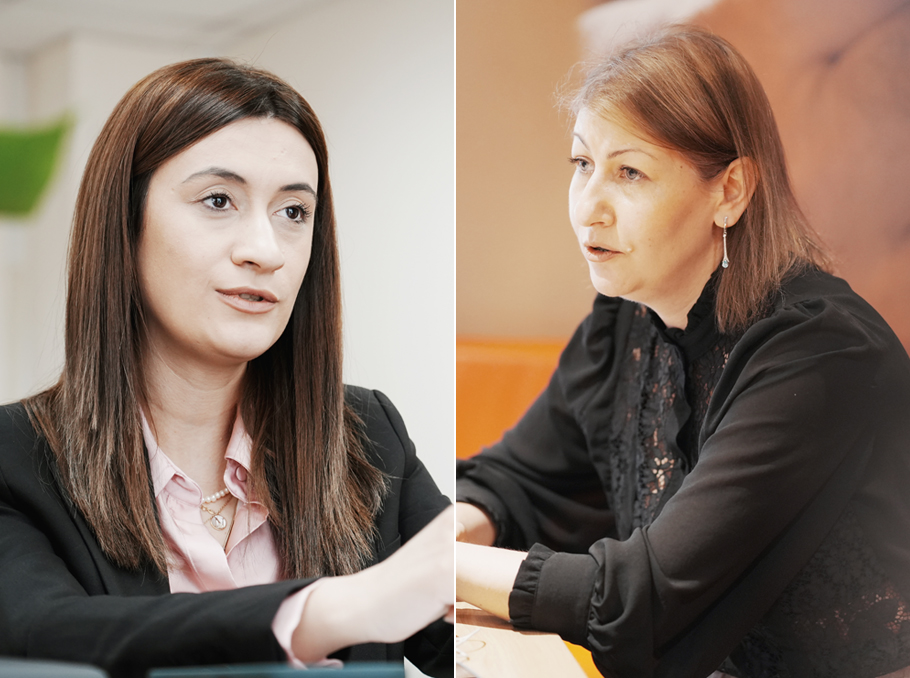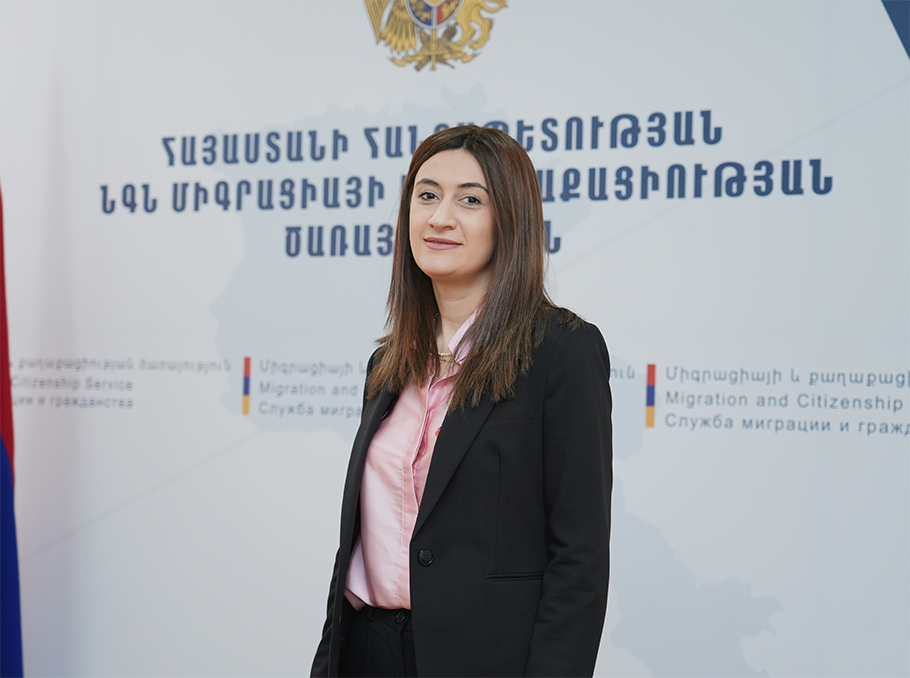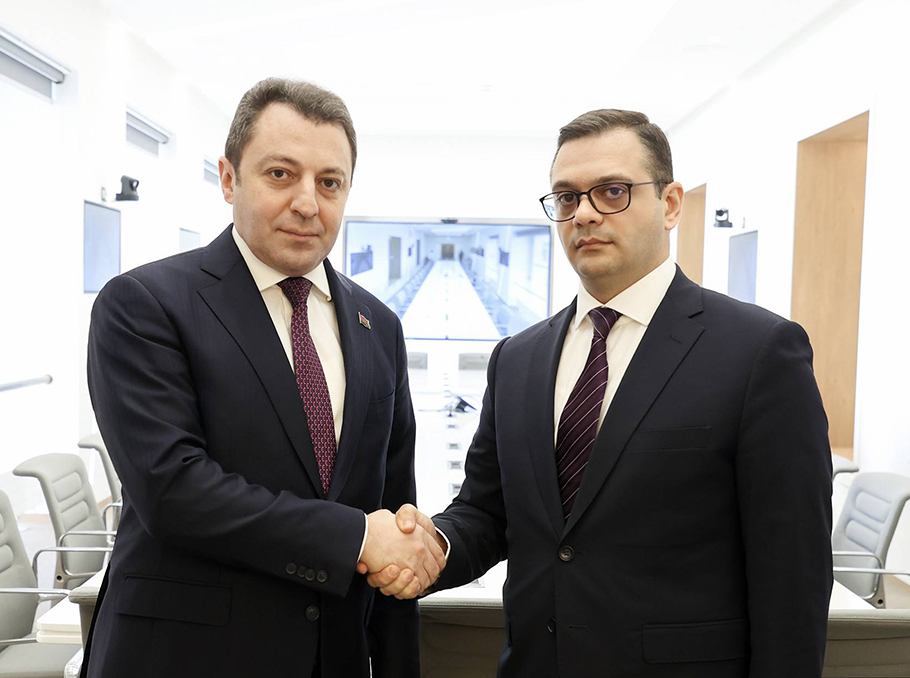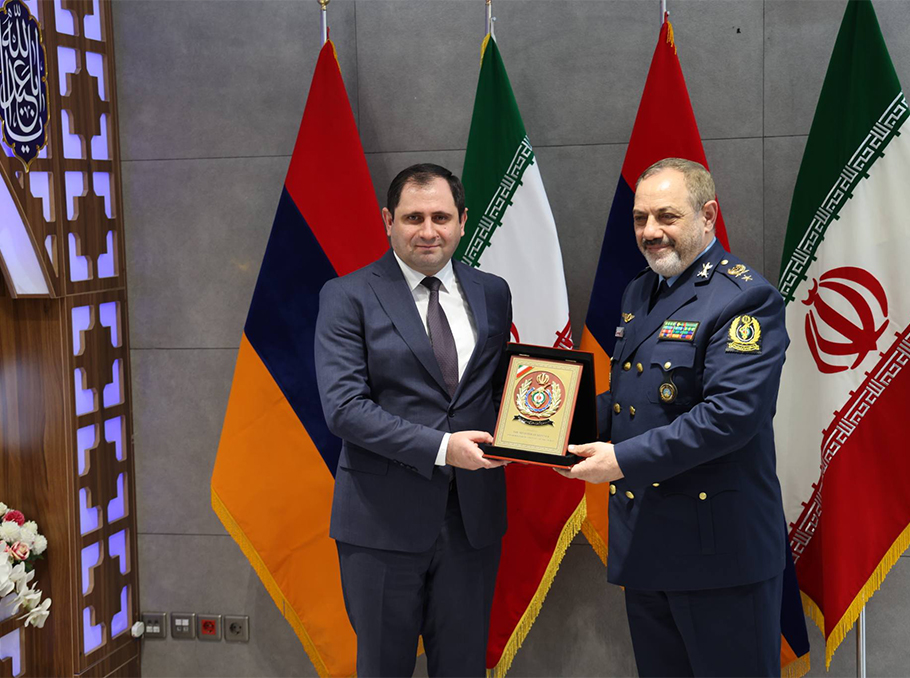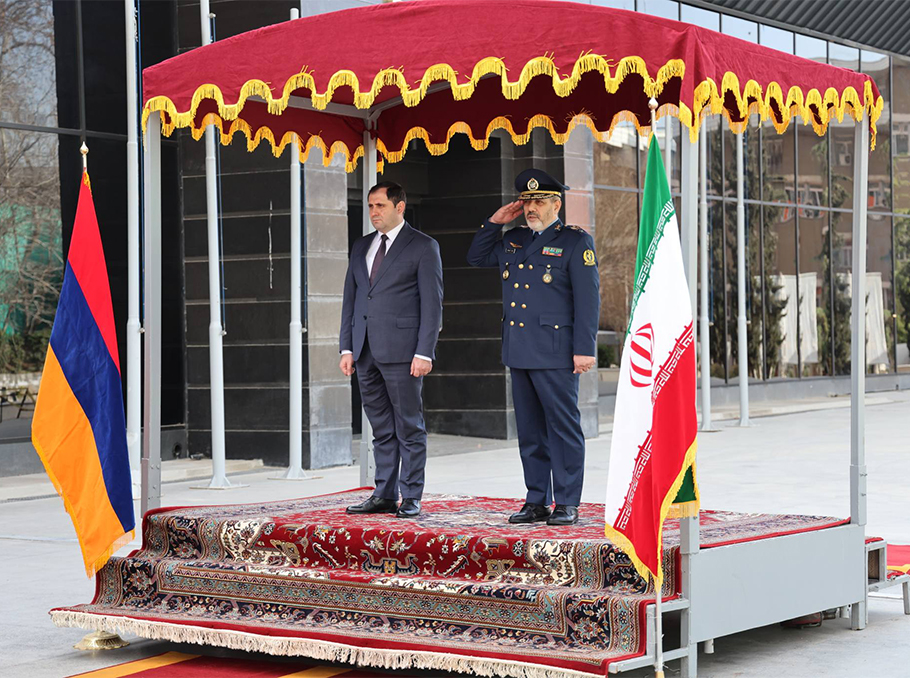A single successful migration story often becomes a trap leading others to pursue illegal paths in search of better opportunities abroad. Experts highlight that illegal migration from Armenia to EU countries is driven by a complex mix of social, economic, and security-related factors. Many decisions to migrate are made emotionally, without a clear understanding of the legal or humanitarian consequences. Many European countries classify Armenia as a safe country, and asylum applications from Armenian citizens are frequently rejected due to lack of justification. In such cases, some individuals choose to cooperate with migration authorities and voluntarily return home, while others remain abroad, often ending up in precarious situations that lead to forced and sometimes harsh deportations.
In a conversation with Mediamax, Nelly Davtyan, Head of the Migration and Citizenship Service of the Ministry of Internal Affairs, and Varduhi Dadunts, Head of the Armenian office of the People in Need NGO, discussed the realities of illegal migration, stories of failed attempts, the challenges of reintegrating returnees, and the efforts to strengthen Armenia’s migration management system.
The three causes of illegal migration
Nelly Davtyan, Head of the Migration and Citizenship Service of the Ministry of Internal Affairs
Since independence, Armenia has been considered a “country of emigration.” However, significant positive changes have been observed in migration trends since 2018, when for the first time in 12 years, the country recorded a positive difference between entries and exits, with approximately 15,313 people. For Armenian citizens specifically, a positive migration was only observed during the COVID-19 pandemic, when return flows temporarily outpaced departures.
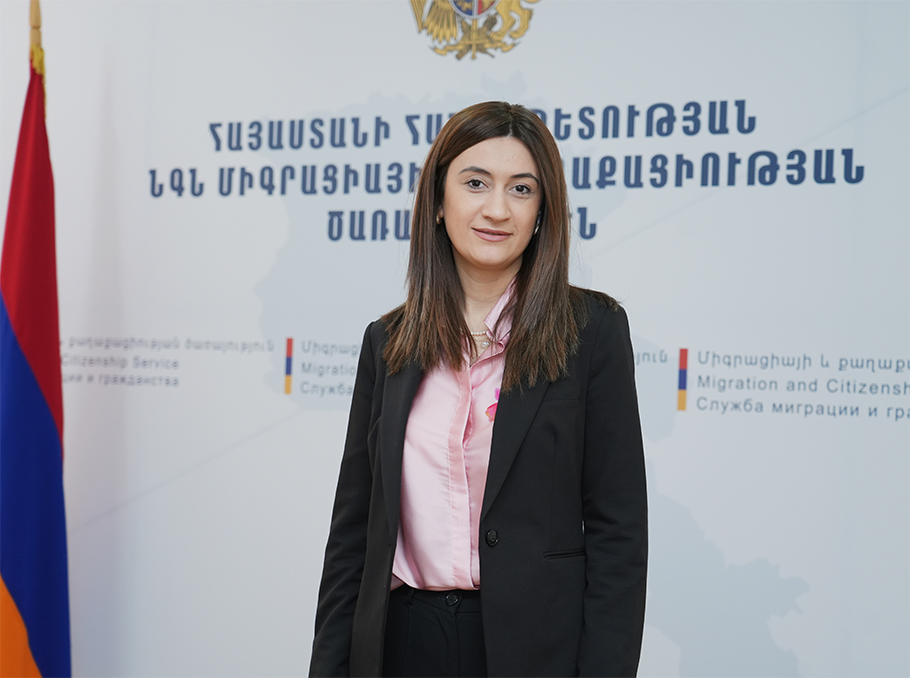 Nelly Davtyan
Nelly DavtyanPhoto: Mediamax
In the context of visa liberalization with the EU, Armenia must develop an action plan to prevent illegal migration to EU countries. We actively monitor asylum application trends by Armenian citizens in EU member states using data from Eurostat (the European Statistical Office.) However, this data is not always complete or final. There are no final data for 2024 yet, the current figures are preliminary and may change. 2017 marked the peak year, with nearly 8,000 Armenian asylum applications submitted to EU countries. In 2024, according to preliminary estimates, we have an indicator exceeding 5,000. According to preliminary data, the number for 2024 exceeds 5,000 – though final figures may vary, as asylum statistics differ based on categories such as first-time applicants, individuals who have resided illegally for less than a year, and those who have overstayed for longer periods. To gain a clearer and more accurate understanding of migration drivers, especially illegal migration, it is essential to conduct a large-scale quantitative survey, based on a targeted questionnaire. This should be supported by in-depth analysis using updated methodologies, and results should be compared with previous studies.
Misdemeanour and responsibility
There are two primary drivers of illegal migration from Armenia – health-related issues and economic hardships. Since 2020, the security concerns have come up. But this data is the result of a survey conducted in 2021, after which realities have changed. To understand the motives behind migration, we also studied different materials, reactions, and comments shared on social media platforms, which reflect the picture of public perceptions. One example involved the coverage of the forced return of Armenian nationals from Germany via charter flight.
Emotional reactions upon arrival were: “Well, afford us in a way you brought us back,” and “Pashinyan visited Germany, and then mass returns began,” or “I went for surgery” or “I went for family reunification.” These people did not have the perception that they had committed, if not a crime, then a misdemeanour – they bypassed migration procedures, violated the law, and were held accountable for it. They believed that these deportations were politically driven rather than based on legal violations.
Changing this perception is essential. We must create an environment in which citizens clearly understand the legal implications of illegal migration, the procedures they will face, and the personal risks involved when choosing such a path.
 Nelly Davtyan
Nelly DavtyanPhoto: Mediamax
For now, without research, based on our experience and professional intuition, we assess that migratory behaviour is largely unconscious and driven by a chain effect. People leave, unaware that seeking asylum means proving that your life is in danger in your country, and not due to interpersonal relations but due to the persecution by the state. For example, when someone attempts to claim asylum on the grounds that they are Muslim and are being persecuted in Armenia for their religion, this claim directly challenges the reputation of the Armenian state. If such an application is accepted, the host country implicitly affirms that Armenia has such problems, which damages the country’s international image. Most EU member states have classified Armenia as a safe country and recorded that there are no widespread human rights violations, persecutions or threats to life on the five grounds for asylum. We have been working hard for quite a long time to have this image.
Asylum or refugee status is not permanent
Many people mistakenly believe that refugee status is a completely secure and permanent status. Following the 2018 revolution in Armenia, asylum statuses previously granted in other countries on the basis of political persecution were withdrawn. European countries popular among our compatriots say that the situation in Armenia has changed, and if you have been persecuted as an opposition figure or journalist, you will be safe from now on, return to your country.
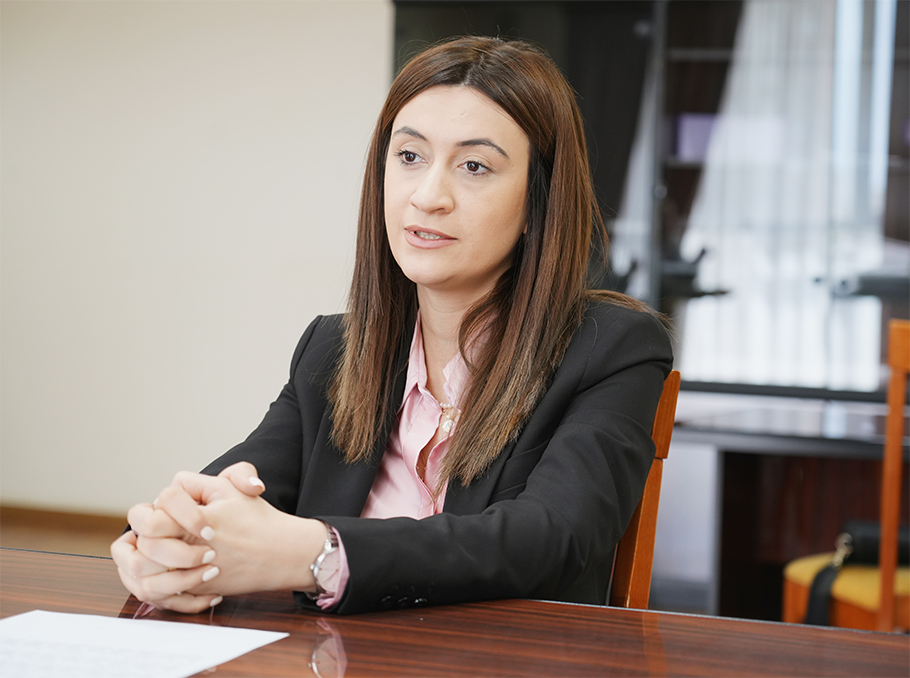 Nelly Davtyan
Nelly DavtyanPhoto: Mediamax
There have also been tragic deportation cases, including instances where individuals undergoing medical treatment abroad were returned to Armenia just the day before scheduled surgeries, with a certificate from a doctor stating that the person’s life was not in danger and it was necessary to cooperate with the Ministry of Health in some way. In another example of tightened migration policy, a person sold his home in Armenia with the intent to emigrate. After receiving a visa, he was deported just 15 days after arrival.
We have a case when a person, in an attempt to avoid being forcibly returned, moved to another country, had a child, further complicating the situation. In the end, it turned out that the individual had previously applied for asylum using false information and the child was not documented in any official state database, making this process further impossible.
Reintegration complications and support options
People facing forced or voluntary return to Armenia should closely cooperate with migration authorities, rather than waiting until forced deportation. A range of voluntary return programs exist both in European countries and Armenia, offering assistance such as housing subsidies, counselling services, and reintegration support. In Armenia, the Ministry of Labour and Social Affairs is the body responsible for coordinating reintegration efforts. The state program is limited, providing housing subsidies and guidance and counselling services for several dozen beneficiaries. Within the framework of this program, we are also trying to assume the role of a mediator between the returned person and other departments of the state apparatus.
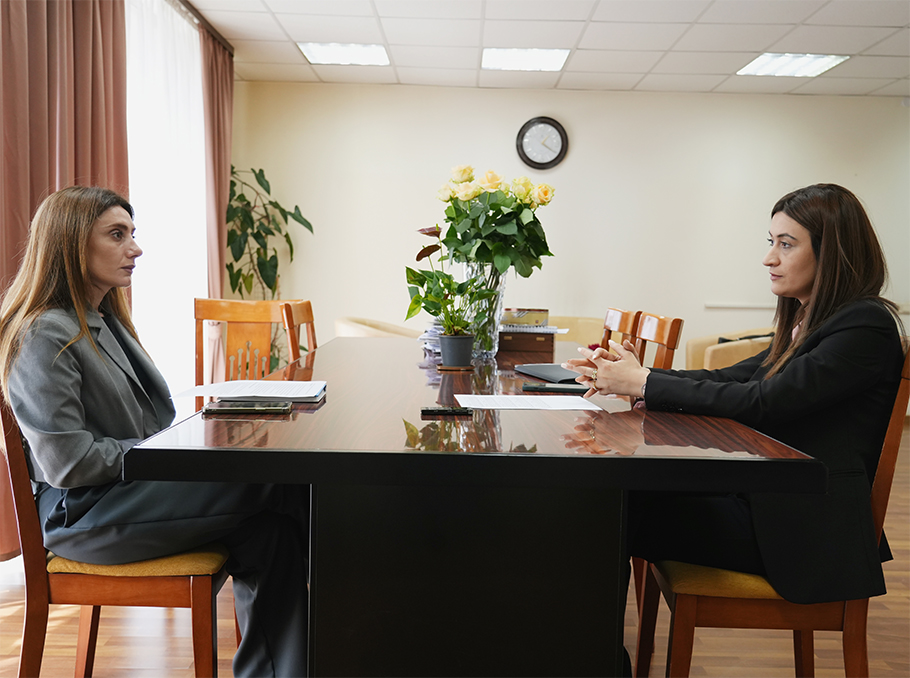 Nelly Davtyan
Nelly DavtyanPhoto: Mediamax
Reintegration is a complex issue. In fact, the state is helping those who tried to leave, endangering the country’s reputation. Naturally, there can be no punitive approach, and we know about the vulnerability of the person, but, on the other hand, it is also important to consider the perspectives of citizens who remained in Armenia and did not receive such support. This is the reason why the state reintegration program is limited.
In addition to state programs, short-term initiatives are also implemented by non-governmental organizations, including People in Need NGO and Armenian Caritas. The UN International Organization for Migration, the International Centre for Migration Policy Development, EU funds, the embassies of France, Germany, and other countries also have support programs.
Strengthening the migration management system
Varduhi Dadunts, Head of People in Need Armenia
For years, People in Need Armenia has been actively supporting voluntary returnees with their reintegration. Through our programs, we offer rapid social support, skills development, and small grants to help start family businesses. In recent years alone, we have financed over 100 small businesses and provided professional training to nearly 1,000 individuals.
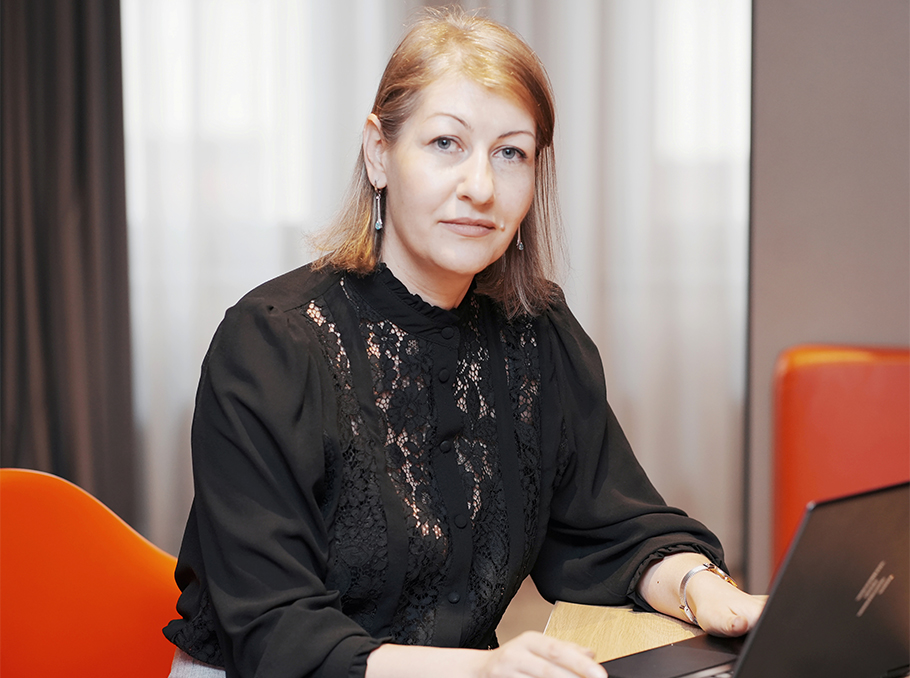 Varduhi Dadunts
Varduhi DaduntsPhoto: Mediamax
From our communication with the beneficiaries, it has become clear that a major driver of illegal migration is lack of awareness and the successful experience of one person. People often remain silent about failures, sharing only successes. It is important to talk about the risks and challenges that may arise in the event of finding themselves in a foreign country illegally. The People in Need NGO works not only with migrants, but also with refugees and displaced persons, with the aim of fostering integration programs for different groups. Currently, our organization is implementing the project “Strengthening the Migration Management System in the Republic of Armenia”. It is co-financed within the framework of the EU Migration Partnership Facility (MPF) through the International Centre for Migration Policy Development (ICMPD). Within the framework of the program, we cooperate with Armenia’s Ministry of Labour and Social Affairs, the Migration and Citizenship Service of the Ministry of Internal Affairs, the Office of the High Commissioner for Diaspora Affairs, regional and local structures, representatives of civil society and the media.
The project aims to strengthen and develop migration policy, while supporting both the activities of state bodies and migrant groups. A manual has been developed within the framework of the project, which includes terminology clarifications, practical exercises and tasks for developing the capacities of social workers involved in the field of migration. Training courses are currently being conducted with the participation of specialists and experts with extensive experience in the field. These courses aim to deepen professional knowledge and skills, contributing to increasing the efficiency of the migration management system.
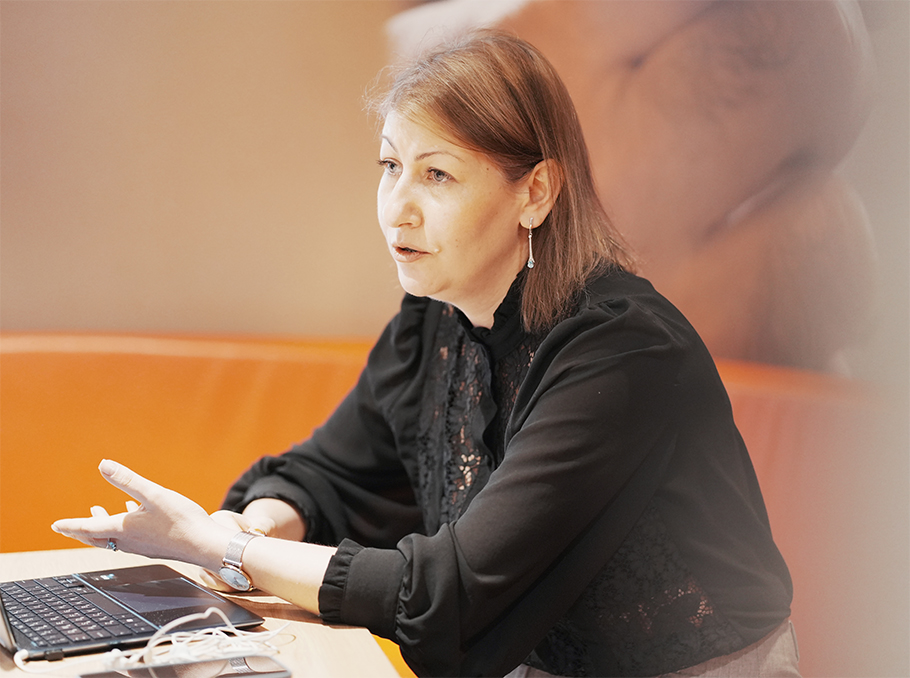 Varduhi Dadunts
Varduhi DaduntsPhoto: Mediamax
One of the key components of the project is supporting the state in developing migration management policies, including strategies, legislation, and other regulatory frameworks. Since we were already collaborating with partners involved in legislative processes, we decided to create a platform, the lack of which we had noticed during the initial observations. There were separate operating platforms on reintegration policy, management of foreign migration flows, or asylum issues, but the need for a common field was evident, where all stakeholders would meet regularly to exchange information and understand what was happening in the field. This led to the creation of the Migration Policy Dialogue Platform. To date, three meetings have been held, bringing together representatives of ministries and NGOs. The platform plays a vital role in ensuring transparency and accountability in the policy-making process, while also helping to prevent duplication of efforts. In addition to policy discussions, meetings also cover public awareness initiatives and recent research related to migration.
Cross-cutting issues and hidden failures in migration
Migration is a complex, multidisciplinary issue that intersects with the economy, social systems, healthcare, and human rights. Different issues are intertwined here. We have worked with thousands of returnees, assessing their motivations for leaving the country illegally, the complications they faced abroad, and their current situations. In most cases, health-related issues were the primary drivers of migration, prompting people to seek medical treatment or better care in European countries. Many left with high hopes for the future, but the reality was harsh and disappointing.
Taking all this into account, we are trying to carry out awareness campaigns in cooperation with state structures and non-governmental organizations. People are often reluctant to share their experiences, especially when the cost has been high: financial loss, unemployment, broken careers. But they should realize that their silence can ruin the fates of others. We also have success stories that prove that even small support can help people stay in Armenia and improve their quality of life. One of our beneficiaries, who returned to Armenia after an illegal migration attempt, opened a woodworking workshop with assistance from the People in Need NGO over a decade ago.
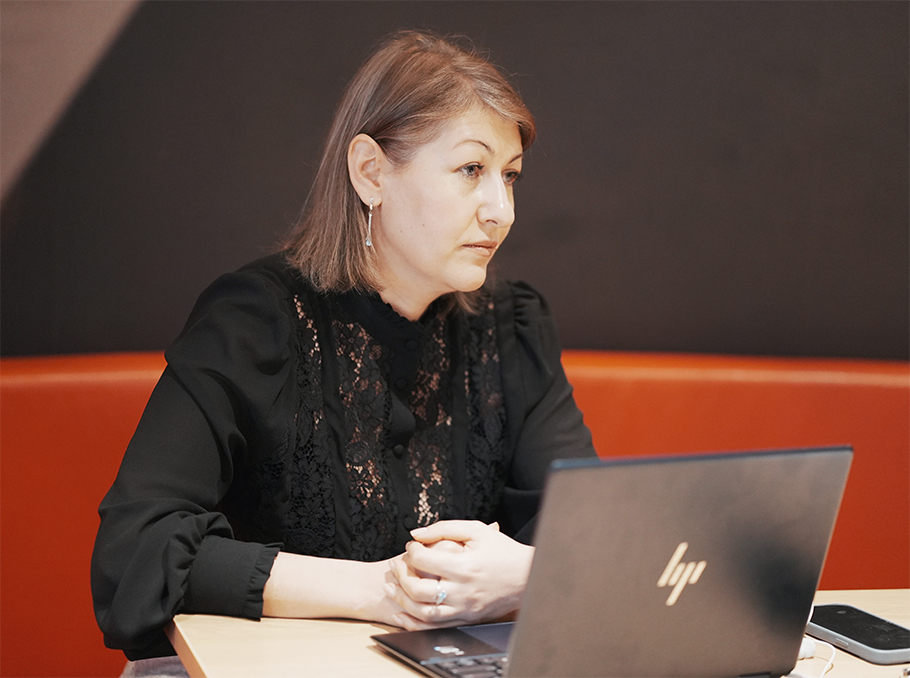 Varduhi Dadunts
Varduhi DaduntsPhoto: Mediamax
His success encouraged his family members to also return to Armenia and establish successful business. Stories like these can serve as an example for others.
Migration can be legal
Nelly Davtyan, Head of the Migration and Citizenship Service of the Ministry of Internal Affairs
When addressing public perceptions and shaping literate migration behaviour, it is essential to emphasize the legal pathways available for migration. In Armenia, the word “migrant” often carries a negative connotation. Even a doctor who has been invited to participate in a project or is on a consulting mission in a European country does not call himself a migrant due to the stigma associated with the term. This is partly due to the fact that in our linguistic thinking, the word “migration” is equated with forced relocation.
Nowadays, in the conditions of globalization, migration is a natural and common process and fighting it is unrealistic for any state. As long as there are no security concerns, the state should not prevent its citizens from leaving the country. Reflecting this approach, Armenia has eliminated the requirement for an exit stamp in passports. Now, an electronic border management system ensures that citizens can travel freely, as long as they have no legal restrictions related to military service, enforcement, or investigations. The person must be informed about the entry conditions of the receiving country, understanding visa requirements, the legal length of stay, etc.
Active coverage of legal migration channels – such as study, work, or exchange programs – will contribute to raising legal awareness and help people make informed and correct decisions, understanding not only what should not be done, but also what can be done.
This article was produced within “Reinforcement of the Migration Management System in the Republic of Armenia” project implemented by People in Need. The project is co-funded by the European Union through the Migration Partnership Facility (MPF) implemented by the International Centre for Migration Policy Development (ICMPD).
Ani Khchoyan
Photos by Agape Grigoryan









